
Master of Change
How to Excel When Everything Is Changing – Including You
Recommendation
How do you respond to change? All too often, people respond poorly – trying to resist it or yearning for a return to the old status quo. In an age of nonstop evolution, you need a different strategy, well-being coach Brad Stulberg argues. People must develop a “rugged flexibility” if they want to thrive in the face of change. Stulberg outlines how to build the ability to adapt to change into your mindset, identity and behavior. When you understand how to accept and manage change without being overwhelmed by it, he writes, you push yourself toward sustained excellence.
Summary
About the Author
Brad Stulberg coaches executives, athletes and entrepreneurs on health, well-being and sustainable excellence. He also wrote The Practice of Groundedness.








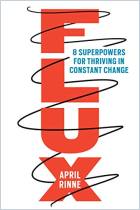
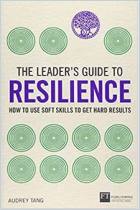
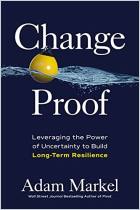
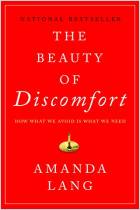
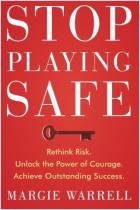
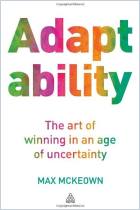






Comment on this summary